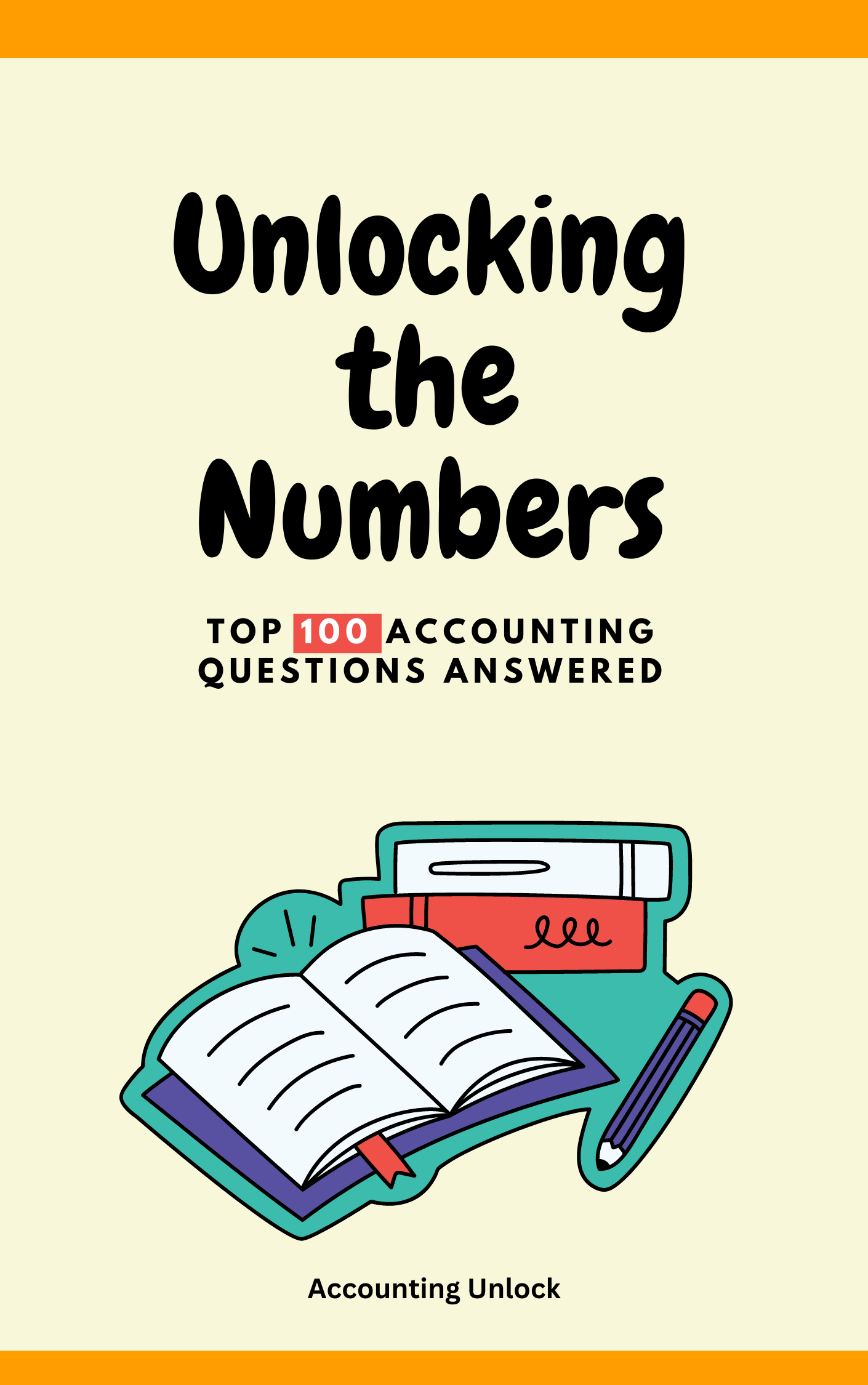Ah, young financiers! Brace yourselves for the “call,” not a phone call, but an accounting one! Think of it like a financial auction, where buyers and sellers shout out their prices for a specific investment, vying for the tastiest deal. It’s all about finding the perfect match between those who want to buy (think hungry customers at a bakery) and those who want to sell (the bakers themselves!).
Imagine running a lemonade stand on a scorching summer day. You have the most mouthwatering lemonade in town, but you need some extra lemons to keep up with the thirsty crowd. That’s where the “call” comes in your lemonade auction! You announce, “Calling all lemon vendors! Who wants to sell me the juiciest lemons for the best price?”
Here’s how it works:
- Auction in the air: You, the buyer, “call” for offers from potential sellers (the lemon vendors).
- Price parade: Sellers shout out their prices, competing for your business. You might hear, “One dollar a dozen!” or “Two dozen for the price of one!”
- Deal struck! You choose the offer that suits you best, like picking the ripest lemons at the best price.
Calls aren’t just for lemonade stands, they happen in big financial markets too!
Real-world examples:
- Stock exchanges use calls to match buyers and sellers of stocks and shares. Imagine companies being the lemonade vendors, selling their “pieces of the pie” to investors looking for a sweet financial treat.
- Bond markets also use calls to find buyers and sellers of bonds, which are like loans you give to companies, getting paid back with interest (think of it as earning extra lemonade money!).
Accounting treatment:
The accounting treatment for calls depends on the type of asset being bought or sold. For stocks, the purchase is recorded as an investment on the buyer’s balance sheet. For bonds, the purchase is recorded as a receivable asset. The costs associated with the call, like auction fees, might be recorded as expenses.
Key points about calls:
- A method for matching buyers and sellers in an auction-like setting.
- Used in financial markets for trading stocks, bonds, and other assets.
- Accounting treatment varies depending on the type of asset and market.
Remember, the call is like a financial playground where buyers and sellers come together to find the perfect match.





